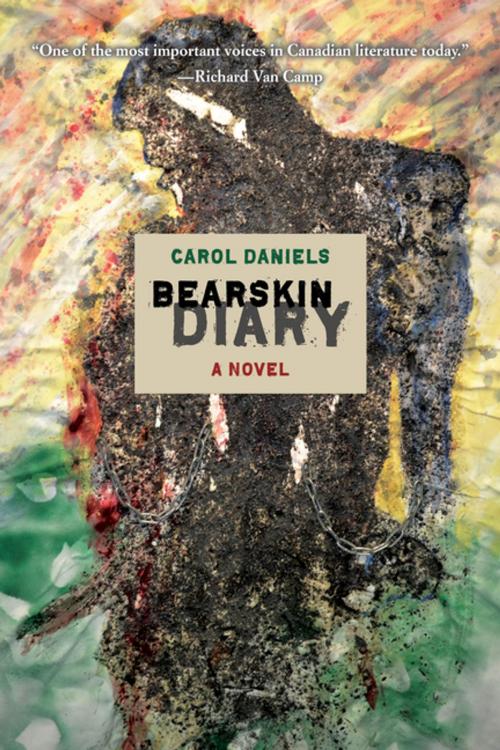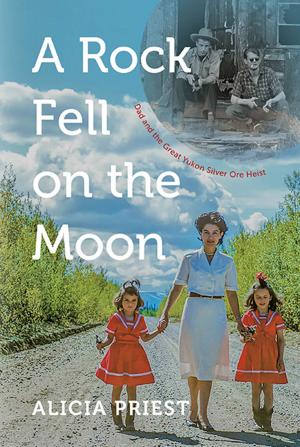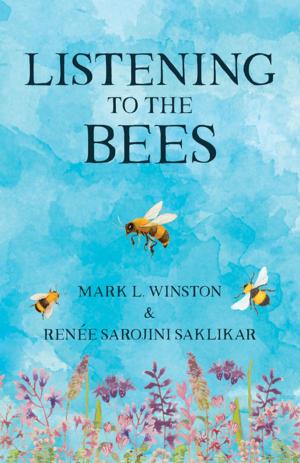| Author: | Carol Daniels | ISBN: | 9780889710771 |
| Publisher: | Harbour Publishing Co. Ltd. | Publication: | October 17, 2015 |
| Imprint: | Nightwood Editions | Language: | English |
| Author: | Carol Daniels |
| ISBN: | 9780889710771 |
| Publisher: | Harbour Publishing Co. Ltd. |
| Publication: | October 17, 2015 |
| Imprint: | Nightwood Editions |
| Language: | English |
Raw and honest, Bearskin Diary gives voice to a generation of First Nations women who have always been silenced, at a time when movements like Idle No More call for a national inquiry into the missing and murdered Aboriginal women. Carol Daniels adds an important perspective to the Canadian literary landscape.
Taken from the arms of her mother as soon as she was born, Sandy was only one of over twenty thousand Aboriginal children scooped up by the federal government between the 1960s and 1980s. Sandy was adopted by a Ukrainian family and grew up as the only First Nations child in a town of white people. Ostracized by everyone around her and tired of being different, at the early age of five she tried to scrub the brown off her skin. But she was never sent back into the foster system, and for that she considers herself lucky.
From this tragic period in her personal life and in Canadian history, Sandy does not emerge unscathed, but she emerges strong-finding her way by embracing the First Nations culture that the Sixties Scoop had tried to deny. Those very roots allow Sandy to overcome the discriminations that she suffers every day from her co-workers, from strangers and sometimes even from herself.
Raw and honest, Bearskin Diary gives voice to a generation of First Nations women who have always been silenced, at a time when movements like Idle No More call for a national inquiry into the missing and murdered Aboriginal women. Carol Daniels adds an important perspective to the Canadian literary landscape.
Taken from the arms of her mother as soon as she was born, Sandy was only one of over twenty thousand Aboriginal children scooped up by the federal government between the 1960s and 1980s. Sandy was adopted by a Ukrainian family and grew up as the only First Nations child in a town of white people. Ostracized by everyone around her and tired of being different, at the early age of five she tried to scrub the brown off her skin. But she was never sent back into the foster system, and for that she considers herself lucky.
From this tragic period in her personal life and in Canadian history, Sandy does not emerge unscathed, but she emerges strong-finding her way by embracing the First Nations culture that the Sixties Scoop had tried to deny. Those very roots allow Sandy to overcome the discriminations that she suffers every day from her co-workers, from strangers and sometimes even from herself.















